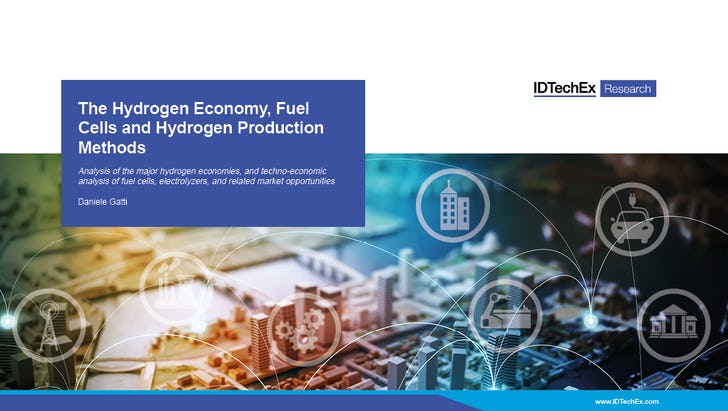Cambridge, UK: Hydrogen has long been a potential power source and companies, such as French trailer maker Chereau, are developing usable hydrogen refrigeration systems.
Hydrogen over the years has had seen several periods of hype; the oil crisis in the 1970s and more recently as a solution to global warming issue in the 2000. But nothing concrete emerges. So why are we still talking about it? And why is there still the belief of a hydrogen economy, when Li-ion batteries are dominating the market?
During the 1970s a first spark for hydrogen technologies led to an increase of government subsidy, particularly in US. But the large availability of oil and the related widespread and low-cost technologies, completely overwhelmed the adoption of hydrogen. In the 2000s, after several millions of investments in hydrogen technologies, the effect of the climate change set higher standards and requirements for new and green technologies.
Hydrogen does have potential according to Cambridge-based research company IDTechEx. It has produced a report explaining the hydrogen economy.
Several governments began in early 2000s to seriously consider the adoption of a hydrogen economy, first to do so was Japan. The necessity of a new energy vector, produced and consumed without emissions, has been found in hydrogen.

Hydrogen has been considered the oil of the future. Produced from renewable sources, consumed without polluting, and used in several sectors, including transport, energy storage, residential and industrial applications such as in the steel industry and high-grade heat production, to mention a few.
How about batteries? First of all, it is important to clarify that batteries are energy storage devices, while hydrogen is an energy carrier. Besides the fact that batteries and fuel cells can be adopted in the same sectors, such as automotive sector, a hydrogen economy is not meant to substitute, or compete with battery technologies. The hydrogen economy purpose is to be adopted together with battery technologies, to reach the target they are meant to be used: reducing pollution by sector electrification.
Due to the growing interest in hydrogen technologies IDTechEx have released the new report: The Hydrogen Economy, Fuel Cells and Hydrogen Production Methods, to explain the current status of the hydrogen economy, and showing the state-of-the-art fuel cells and electrolyzers.
The reader will be able to understand the working mechanism and material involved of the different fuel cell technologies, together with the limitations affecting each and every technology.
For more information see www.IDTechEx.com/research/ES.







